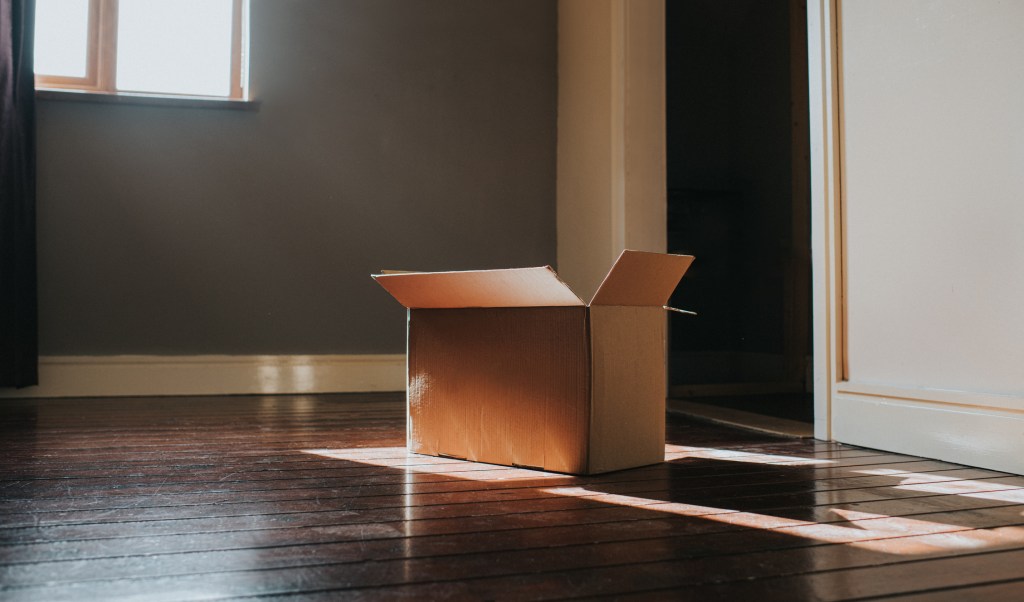Miriam Benavides helps run her mother’s laundromat, M&W, in Brooklyn. “The people who have moved to this neighborhood, they have the money—they think they’re getting the best quality ’cause they’re paying $5.50 a shirt,” she says. “But they’re not.”
Videos by VICE
M&W has been on the block since the 90s, when it was originally sold to the Benavides. They rent out a corner of the laundromat to a business that wires money internationally and sells calling cards.
Many laundromats in New York also offer dry cleaning and tailoring; some deliver door-to-door. Earlier this year, a Crain’s Business report concluded that the number of coin-op laundromats in the city had decreased by 10 percent in the last decade.
Salem al Bageri, manager of Si Laundromat in Williamsburg, Brooklyn, took over the lease eight months ago when the previous tenant couldn’t keep up with the rent. “When people do their own laundry,” he said, “sometimes they’re short 25, 50 cents. It’s not a big deal, we give it to them. Whoever they are that wants to come, they are welcome.”
Sunshine, the Barcade of laundromats, has pinball machines, whimsical decorations, and a pending liquor license. It is not yet profitable. “People come here on Sundays from other neighborhoods to do their laundry,” says an attendant.
A FlyCleaners bag, dropped off at a local laundromat for wash-and-fold service. “We get a lot of [ex]-FlyCleaners customers,” says al Bageri. “We do it better; we don’t charge extra.”
Alice Liao runs Mr. Green cleaners in Manhattan and worries about rising rents in her neighborhood. “I work seven days here, and my son works here too. We do most of the job ourselves. It’s not easy,” she says.
With door-to-door laundry service, “some people think it’s easier … But you also have to pay a lot of money for that,” says Liao. “[Flycleaners’] per-pound is $1.50 or something, but ours is only 75 cents. It’s different.”
A sign at M&W reminds customers using the machines to be self-reliant, though Miriam Benavides says she’s doing far more wash-and-fold service lately. “People can afford it now, the people that moved here,” she says. “On a $300 to $400 paycheck, no way. And now everyone here has money!”



